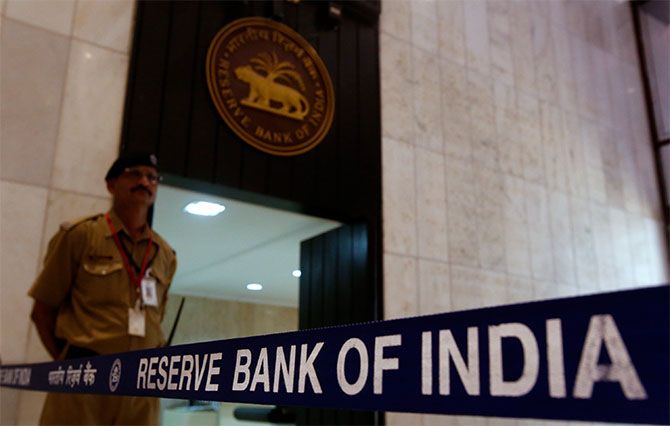Discussion paper fixes Rs 1,000 cr as minimum capital for these specialised banks

The Reserve Bank of India (RBI) on Friday proposed to float wholesale and long-term finance (WLTF) banks that would fund long-term high-value projects - something similar to the development finance institutions (DFIs) of the past.
“Going forward, considering the existing landscape of banking and non-banking services in the country, it is felt that there is a need to explore the possibilities of permitting other types of differentiated banks to facilitate progression to a more mature and deeper financial sector,” the central bank said in a draft discussion paper on WLTF banks.
The minimum capital required for the bank would be Rs 1,000 crore, considering these banks would be “very large institutions ab initio to take on large exposure to industrial, commercial and infrastructure sector”. Therefore, they have to heavily invest in information technology and skill building to mitigate the risks.
These banks will focus primarily on lending to infrastructure and small, medium & corporate businesses.
They will also mobilise liquidity for banks and financial institutions directly originating priority sector assets, through securitisation of such assets and actively dealing in them as market makers, the RBI said. The WLTF banks could also act like market makers in corporate bonds, credit derivatives, warehouse receipts, and take-out financing, etc.
“These banks will provide refinance to lending institutions and shall be present in capital markets in the form of aggregators,” the RBI said, adding the banks could be allowed to take part in investment banking activities as an ancillary of its primary duty of providing “deposits and loan products for wholesale clients and financing of infrastructure sector and core industries”.
The bank would be on-tap and the eligible promoters could be anyone who satisfies the fit-and-proper guidelines on floating a regular commercial bank, which means industrial groups and corporate houses will not be eligible to float these banks.
These banks should not accept savings deposits, the RBI said. Only current account and term deposits of at least Rs 10 crore would be allowed, with “reasonable restrictions” on premature withdrawal of these deposits, the discussion paper said. Besides, the banks can issue bonds, locally or abroad, in rupee denomination.
The banks will have to maintain the cash reserve ratio, but would be exempted from the statutory liquidity ratio, or mandatory bond holding. There could also be relaxation regarding liquidity risk and compliance with liquidity ratios such as liquidity coverage ratio.
The primary sources of funds for WLTF banks could be a combination of term deposits, debt and equity capital raised from primary market issues or private placement, and term borrowings from banks and other financial institutions.
The retail presence, if at all, would be negligible.
These would help take out pressures from existing commercial banks that are averse to fund long-term projects due to heavy bad debts in their books. Also, niche banks can bring expertise to the banking system that could lead to enhanced efficiency “in terms of reduced intermediation cost, better price and improved allocation of capital,” said RBI.
The Industrial Finance Corporation of India (IFCI) was the first DFI and was set up in 1948. Later, other DFIs either turned into banks (ICICI Bank, IDBI Bank), non-banking financial companies (IFCI), or became refinancing agencies under the oversight of RBI.
The creation of specialised wholesale vehicles was proposed by the Report of the Committee on Financial Sector Reforms, chaired by former RBI governor Raghuram Rajan. Later, the Nachiket Mor committee suggested creation of specialised wholesale banks.







 © 2025 Rediff.com -
© 2025 Rediff.com -